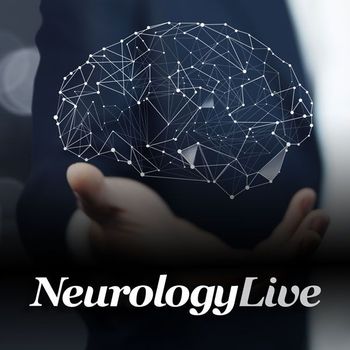
Despite the continual epilepsy treatment landscape growth, there are only a few if any approved therapies for rare developmental and epileptic encephalopathies.

Despite the continual epilepsy treatment landscape growth, there are only a few if any approved therapies for rare developmental and epileptic encephalopathies.
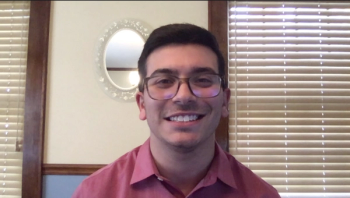
Neurology News Network for the week ending October 24, 2020.

Take 5 minutes to catch up on NeurologyLive's highlights from the week ending October 23, 2020.

Advances in wearables and virtual reality present an opportunity to maximize rehabilitative efforts and improve outcomes.

The director of the Mid-Atlantic Epilepsy and Sleep Center in Bethesda, Maryland, explained when and how prescription management changed amid the COVID-19 pandemic.

"Mind Moments," a podcast from NeurologyLive, brings you an exclusive interview with Raman Malhotra, MD.

The senior vice president of clinical development, drug safety, and pharmacovigilance at FibroGen provides details of the phase 3 LELANTOS trial of pamrevlumab in Duchenne muscular dystrophy.

Experts in the diagnosis and treatment of Duchenne muscular dystrophy share their perspectives on the complex care of this patient population in the NeurologyLive® Insights series “Management of Duchenne Muscular Dystrophy.”

The findings of this multicenter cohort may have implications for diagnosis, prognosis, and disease monitoring, as well as for clinical trials targeting disease-specific proteins in DLB.

Plagued by a long history of under- and inadequate treatment, clinicians have more options than ever to craft a personalized, effective plan for their patients.

On the heels of successful long-term data, evobrutinib seeks to maintain its high efficacy in 2 pivotal phase 3 clinical trials.

With many patients presenting with an unknown time of last known well, establishing a tissue window using advanced imaging techniques may allow for more effective intervention and better outcomes.

The Cleveland Clinic researcher described the 2-fold potential use for how his predictive Parkinson disease dementia model may be used pending the success of the study.

Statistically significant worsening on the Epworth Sleepiness Scale was observed in patients randomized to placebo compared to participants who received JZP-258.

Kristina Simonyan, MD, PhD, DrMed, and Davide Valeriani, PhD, offered insight into the use of DystoniaNet, which identified the condition with 98.8% accuracy in a matter of 0.36 seconds.

For those with nonmotor seizures at onset who developed seizures with motor involvement later, the median number of days to diagnosis from motor symptom onset was only 13 days, compared to 616 days for the overall nonmotor group.

The assistant professor of neurology and neuroscience at Mount Sinai Medical Center detailed the promise marked by the results of a recent pilot trial of riluzole in Alzheimer disease.
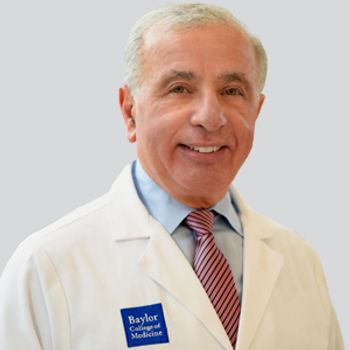
Study results suggest daxibotulinumtoxinA has the potential to reduce the frequency of cervical dystonia treatments by up to 50% annually.

Elias Kouchakji, MD, provides details of the phase 3 LELANTOS study of novel antibody pamrevlumab for the treatment of Duchenne muscular dystrophy.
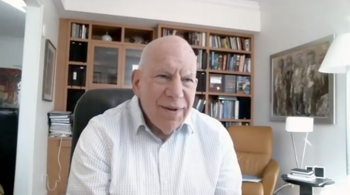
The chairman of the Department of Genetic Medicine at Weill Cornell Medicine detailed the ongoing research in developing gene therapy for patients with Alzheimer disease.
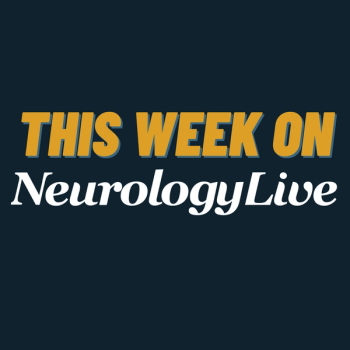
Here's what is coming soon to NeurologyLive.

The use of real-time quaking-induced conversion and protein misfolding cyclic amplification assays accurately allowed researchers to differentiate synucleinopathies from nonsynucleinopathies.

The director of the Mid-Atlantic Epilepsy and Sleep Center in Bethesda, Maryland, shared his thoughts on how technology has affected patient care and the patient-physician dynamic during the COVID-19 pandemic.

The chairman of the Department of Genetic Medicine at Weill Cornell Medicine detailed the ongoing research in developing gene therapy for patients with Alzheimer disease.

The rate of maternal clinical insomnia increased from 11% pre-pandemic to 23% during the COVID-19 pandemic.
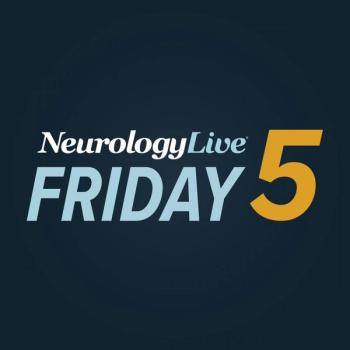
Take 5 minutes to catch up on NeurologyLive's highlights from the week ending October 16, 2020.

The combination agent resulted in a 44% lower risk of death for patients with ALS, with a 6.5-month longer median survival compared with placebo.

The assistant professor of neurology and neuroscience at Mount Sinai Medical Center detailed the findings of a recent pilot trial of riluzole in Alzheimer disease she and colleagues conducted.

The senior vice president of clinical development, drug safety, and pharmacovigilance at FibroGen discussed why the representation of non-ambulatory patient populations is necessary in DMD trials.

Decreases in weekly migraine days remained steady during the last 2 weeks of the first quarter, with a similar maintenance of response during the second quarter.